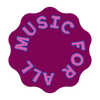[014] Amplifying Dissent David Reaboi
We talked to David Reaboi about vinyl, jazz and algorithms.
![[014] Amplifying Dissent David Reaboi](/content/images/size/w2000/2022/02/david_MFA.jpg)
This interview is part of a series discussing mandates, restrictions and censorship with musicians and music fans—read more of these interviews here.
David Reaboi is a Miami Beach based consultant and writer specializing in national security, political warfare, influence operations and the media. He is as an avid jazz fan, musician, vinyl collector — and excellent twitter follow.
Music For All: I've always thought of listening to vinyl records as at least a little social — from going to the record store and talking to the employees about music — to playing records while entertaining guests. Do you think the shift away from physical music to algorithm generated playlists has changed human interactions in general and how we engage with art and music?
David Reaboi: I think that shift has changed the dynamics of human interaction as they relate to music, some positively and some negatively.
On one hand, the record store is all but gone: it hardly makes sense to buy quality records in a store, as sellers with brick and mortar storefronts often save their best stuff for sale on Discogs or eBay. What you might pick up at a record shop is almost always an album that's more expensive and of lesser quality than one you could buy online.
So the old record store experience--digging through the crates, looking for something really special--is basically gone, at least for serious collectors. It's often been said that, while technology gives us nearly anything we can imagine, we end up imagining less; we allow the algorithm to play music for us, and we're incurious about seeking out more.
When it comes to this kind of algorithmic music exposure, people are uniformly poorer for it. That said, folks who listen to music this way often just have it on in the background, the way the radio used to play. In the old days, a DJ or radio station would pick the tracks, usually based on payoffs or the influence of big record companies; now it's done by machine, and is probably more similar than it is different.
Another segment of online listeners, however, take good advantage of YouTube and streaming services for what you'd call research purposes. I'm in that last group; I'm always looking for new music to hear, and what's available to hear online is nearly inexhaustible. If I dig it, I'll buy the vinyl on Discogs, as I do my most attentive listening with vinyl.
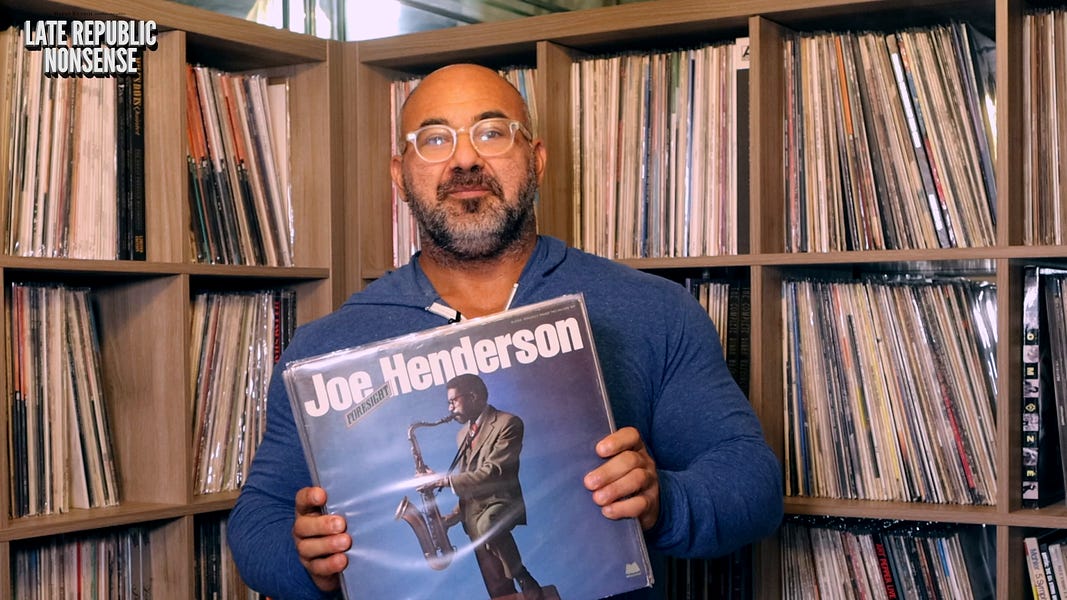
With your extensive knowledge of jazz, I'm curious what you'd say about jazz and live performance in the current climate. Looking back at the transition from big band to bebop jazz, emerging in part due to protest of the cabaret tax in NY in the 40's — why do you think there hasn't been any jazz musicians being outspoken in defense of live performance during lockdowns and other oppressive restrictions?
It's a good observation, and I think it has to do with the economics of music today. For decades, a gig as a professional musician was a ticket out of the ghetto and into the middle class or working class.
In the 1940s and 50s, recorded music piped into a club on a primitive PA system couldn't come close to replicating the sound of real musicians playing live. When that changed in the late 60s, live music began to disappear--and, with it, the career options of musicians in general.
Fast-forward a few decades, and live music of any kind (nevermind jazz) became a niche thing. Playing for the door became commonplace, as rooms didn't have the budget to pay musicians (especially as the profit margin was shrinking with ever-higher rents). For jazz musicians, this meant it was no longer a real profession with which you could support a family.
By the time I lived in New York City in the 1990s, it was far too expensive to make a living and live in the City playing jazz; people had to take other kinds of gigs. Then the technological advancements, too--making it possible for musicians to record and release their music cheaply--had the effect of deprioritizing and changing the way music is made and consumed.
All this, I think, altered the relationship jazz musicians have to live performance. Yes, it's incredible and irreplaceable to play in front of an audience, but it no longer meant a musician would starve if he was unable to play gigs.
That's not even mentioning the herd-mind mentality of many artists who are just as susceptible to fear, misinformation and hysteria as anyone else. Maybe even moreso!
I really admire what you're doing with "Late Republican Nonsense" — fostering community around music and culture. At such a time where politics can be so polarizing, I think music could potentially be the best way to create unity across different ideologies.
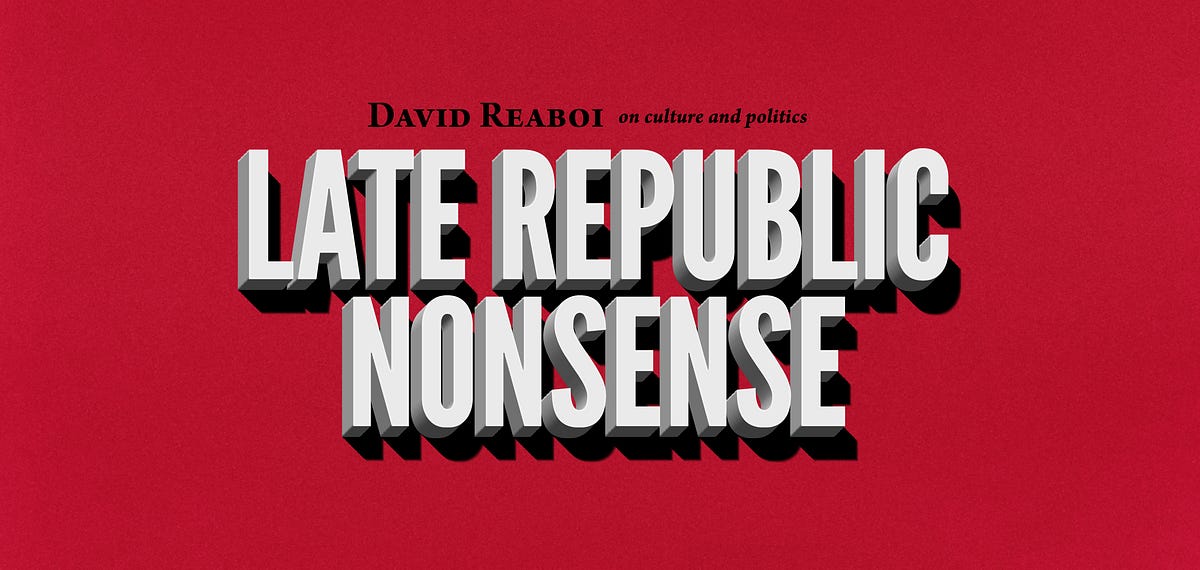
In this post "What was your musical gateway drug?" you discuss important first albums for yourself and your readers. What would you say was your "gateway drug" into live performance?
Thank you; that's really nice to hear. The people who tell you all art is political have a point, but I think it's not the pedestrian, explicit and lazy point they believe they're making.
Music, specifically, is the most abstract and non-representational of the arts; it exists in something of a dreamspace. The nature of creativity is assertion-- even the most timid people, or the most committed ideological communists-- are, when they play their own music, asserting themselves and declaring, "this thing that I have made is worth hearing, and it is unique to me."
Perhaps the most important aspect of jazz is the primacy placed on uniqueness of voice, which is really just someone's individual conception. This thought alone should make musicians--especially those involved in jazz--more hip to the importance of individual freedom. Balancing that freedom with an ensemble, or having a dialogue with tradition, is supposed to temper the ego. This is true in music and politics and, really, all of life.
My "gateway drug" into live performance? I don't know--I was one who always would rather hear a recording or bootleg of the concert than to be there. There's so much more you can hear and digest in subsequent listening sessions.
What has your experience as far as restriction free live performances in Miami over the past two years?
I just got tickets to see Marisa Monte in Ft Lauderdale in early March. The last concert I think I saw was also hers, with her band Tribalistas in Miami Beach in January 2019.
I spent a number of years in New York and San Francisco seeing at least 2 or 3 different gigs nightly, and it finally exhausted me. If I never see another live performance again, I wouldn't cry over it. When I made this a priority in my life, I sacrificed nearly everything to be close to the music. I'm very glad I did it, but that period in my life is over.
Do you still play upright bass?
Unfortunately, I don't. I feel bad about it, and get the urge sometimes.
Bodybuilding injuries have made it a bit difficult. I played regularly until I tore my bicep tendon in 2017, and I haven't picked it up again since. Now I've got some shoulder problems, as well. The bass is a tremendously physical instrument.
Maybe I'll pick it up again soon.
Thank you for reading!
Find more from David Reaboi on his website & Substack "Late Republican Nonsense" below:
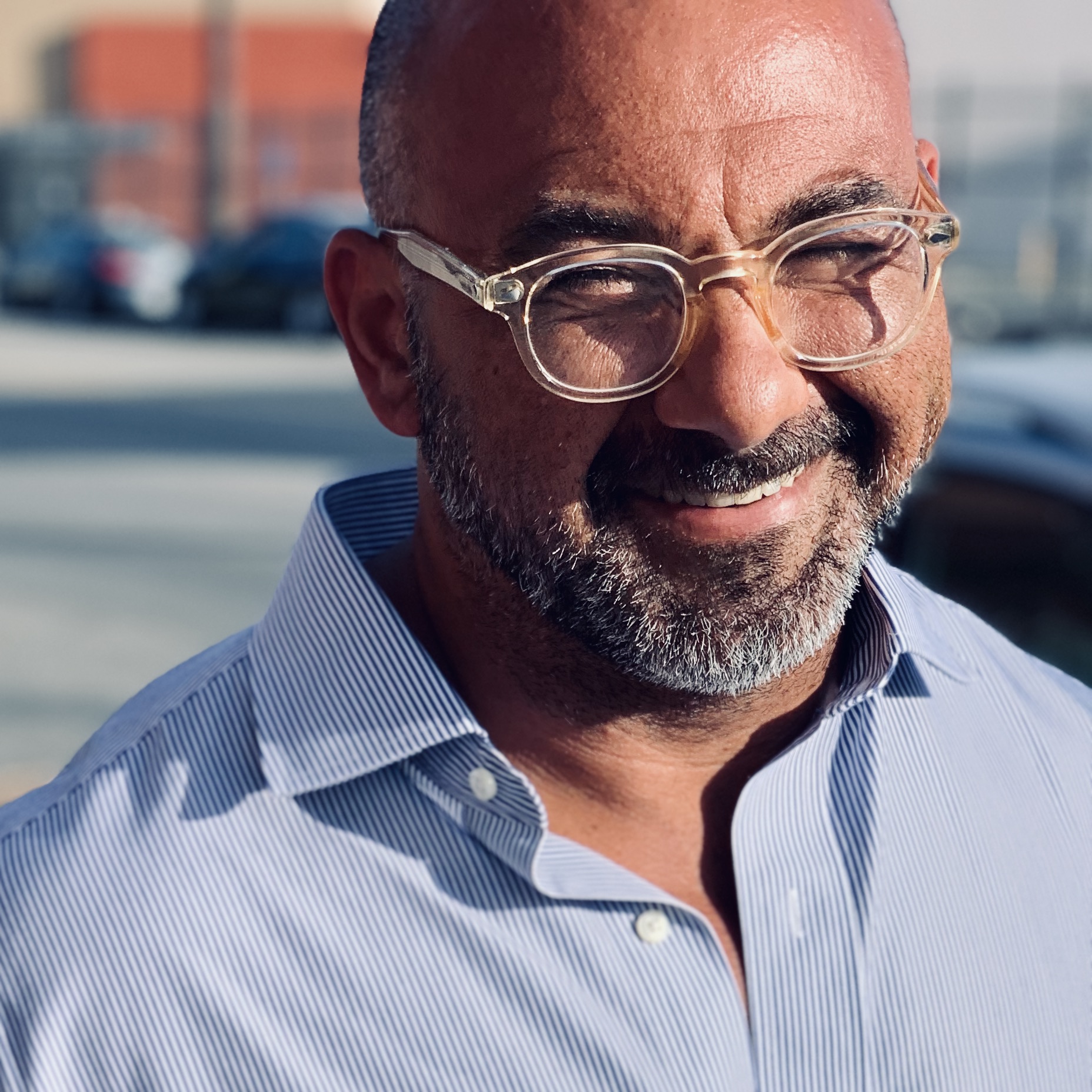
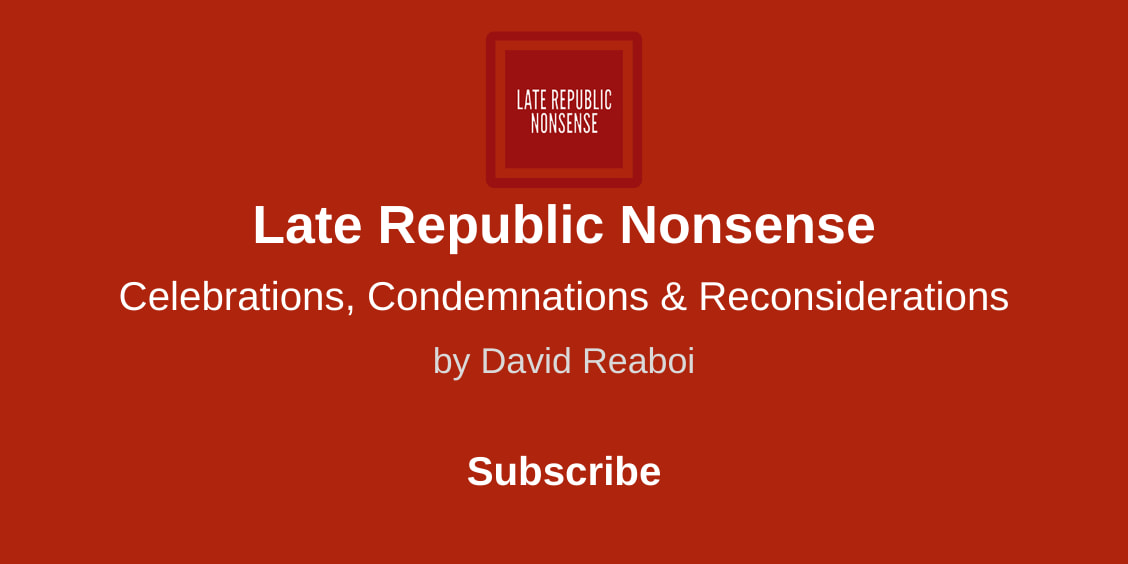
I came up with “Late Republic Nonsense” several years ago as a way to describe so many of the things happening all around us.
I’m going to be writing here about things I love—things I’ve learned about, become obsessed with, and want to share.
I’m also going to write here about the crisis of contemporary America—and the small, few pieces I feel I can contribute to illuminating, or at least understanding. One of those things is the importance of art and aesthetics, but there will be politics and social and cultural commentary, as well.
I hope you enjoy, share, and help support this new endeavor by becoming a subscriber.
Cheers,
David

